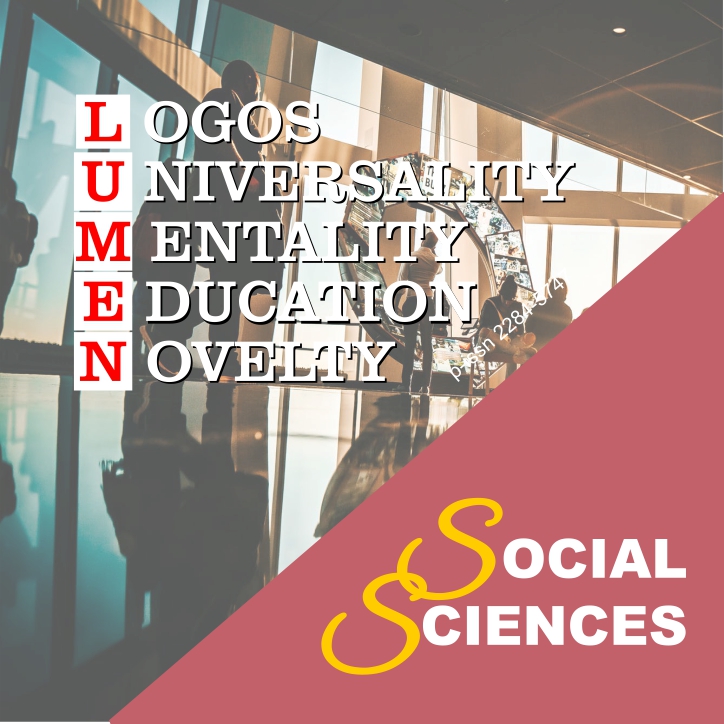Attitudes towards Psychotherapy in Relation to Self-Stigma of Seeking Help and Coping Style. The Role of Interactions with Disabled People
Attitudes towards Psychotherapy in Relation to Self-Stigma of Seeking Help and Coping Style. The Role of Interactions with Disabled People
Author(s): Tudor-Daniel Huțul, Irina-Cristina Pachița, Adina Karner-Huțuleac, Alois GherguțSubject(s): Social Sciences, Social psychology and group interaction, Evaluation research, Inclusive Education / Inclusion
Published by: Editura Lumen, Asociatia Lumen
Keywords: people with disabilities; psychotherapy; self-stigma of seeking help; coping style; attitudes;
Summary/Abstract: The present study investigated the relationships between stigma and attitudes towards psychotherapy, discomfort experienced in interacting with people with disabilities and stigma, emotion-focused coping and avoidant coping. In addition, we examined differences between people who know people with disabilities in terms of discomfort experienced in interacting with people with disabilities and differences between people who have been to psychotherapy and those who have not been to psychotherapy in terms of attitudes toward psychotherapy. The research was conducted on a sample of 171 people aged between 18 and 63 (M = 26.00; SD = 8.07). They filled out questionnaires that measure attitudes towards psychotherapy, self-stigma of seeking help, coping style, and interaction with disabled people. The results highlighted that the higher the level of self-stigma occurs, the more negative the attitudes towards psychotherapy will be, as well as that people who have been to psychotherapy have on average a more positive attitude towards psychotherapy. With regard to disabilities, results revealed a significant positive association between discomfort in interacting with people with disabilities and stigma, emotion-focused coping and avoidant coping, together with the fact that people who know people with disabilities experience less discomfort in interacting with people with disabilities We discuss the theoretical and practical implication of the present findings, delineating both factors that favour seeking help and factors that limit them in addressing the need for psychotherapy by adopting a range of attitudes towards it.
Journal: LOGOS, UNIVERSALITY, MENTALITY, EDUCATION, NOVELTY. Section Social Sciences
- Issue Year: XII/2022
- Issue No: 2
- Page Range: 32-44
- Page Count: 13
- Language: English

